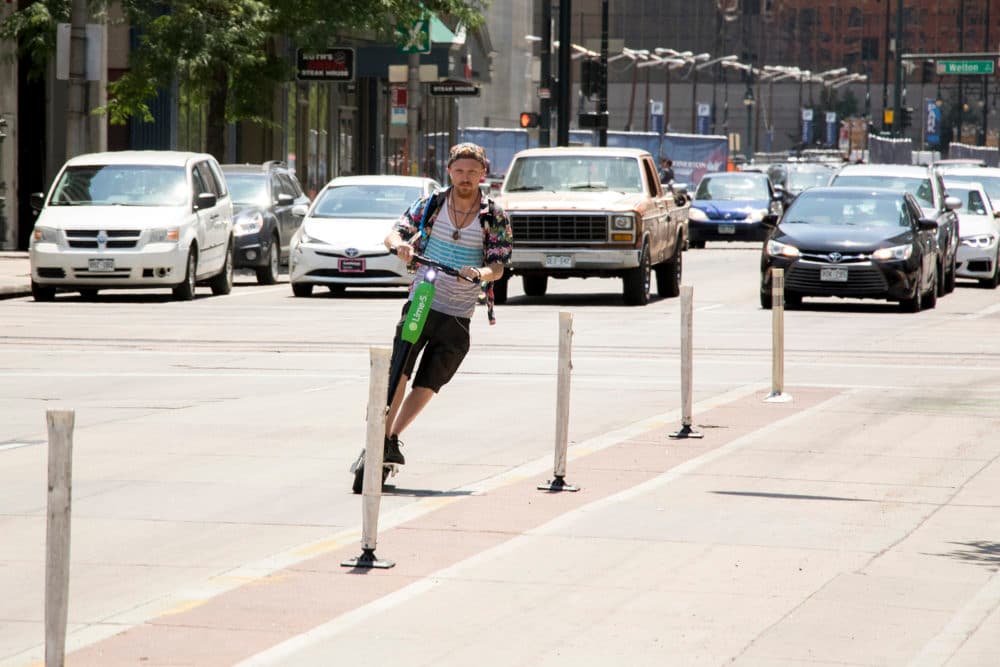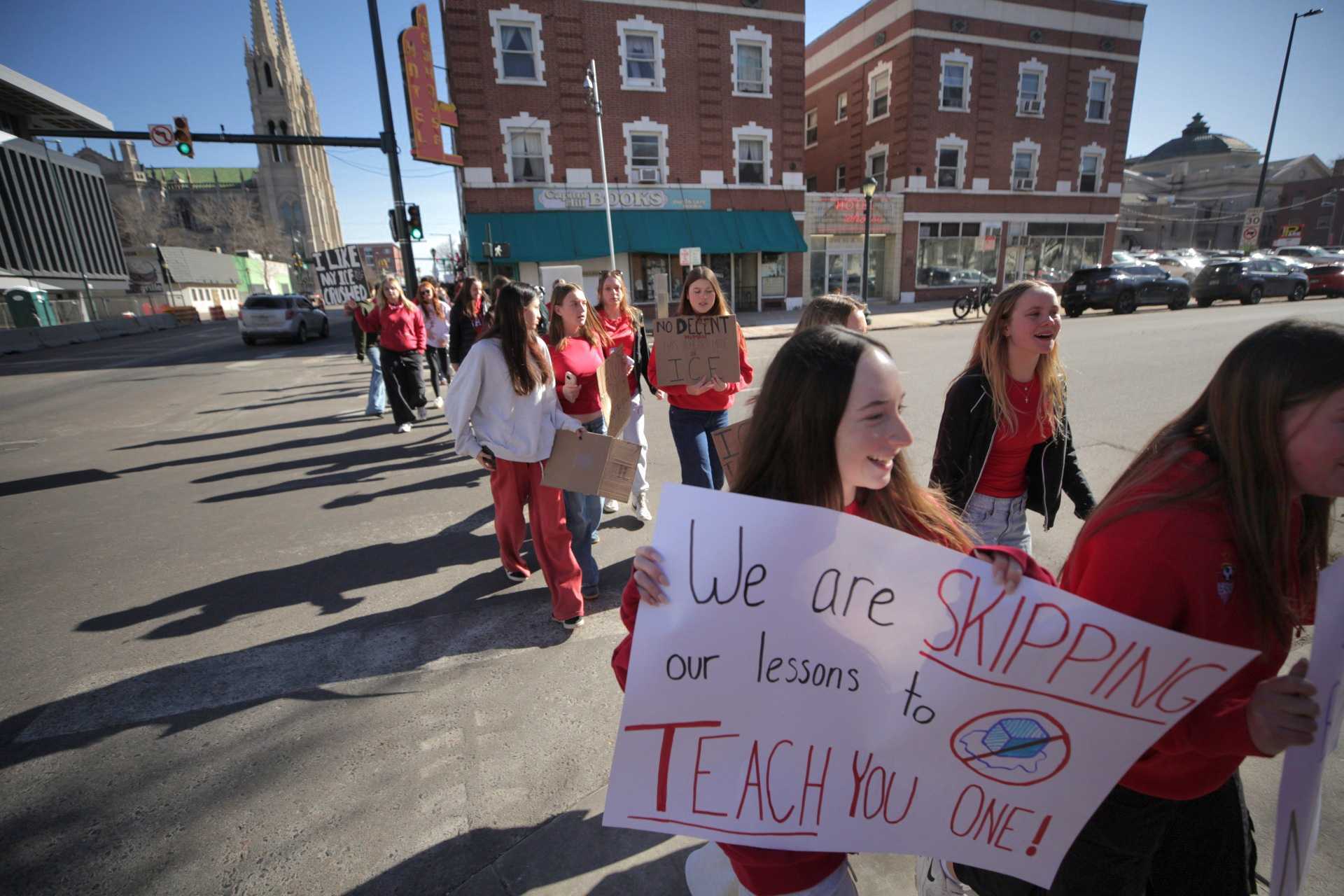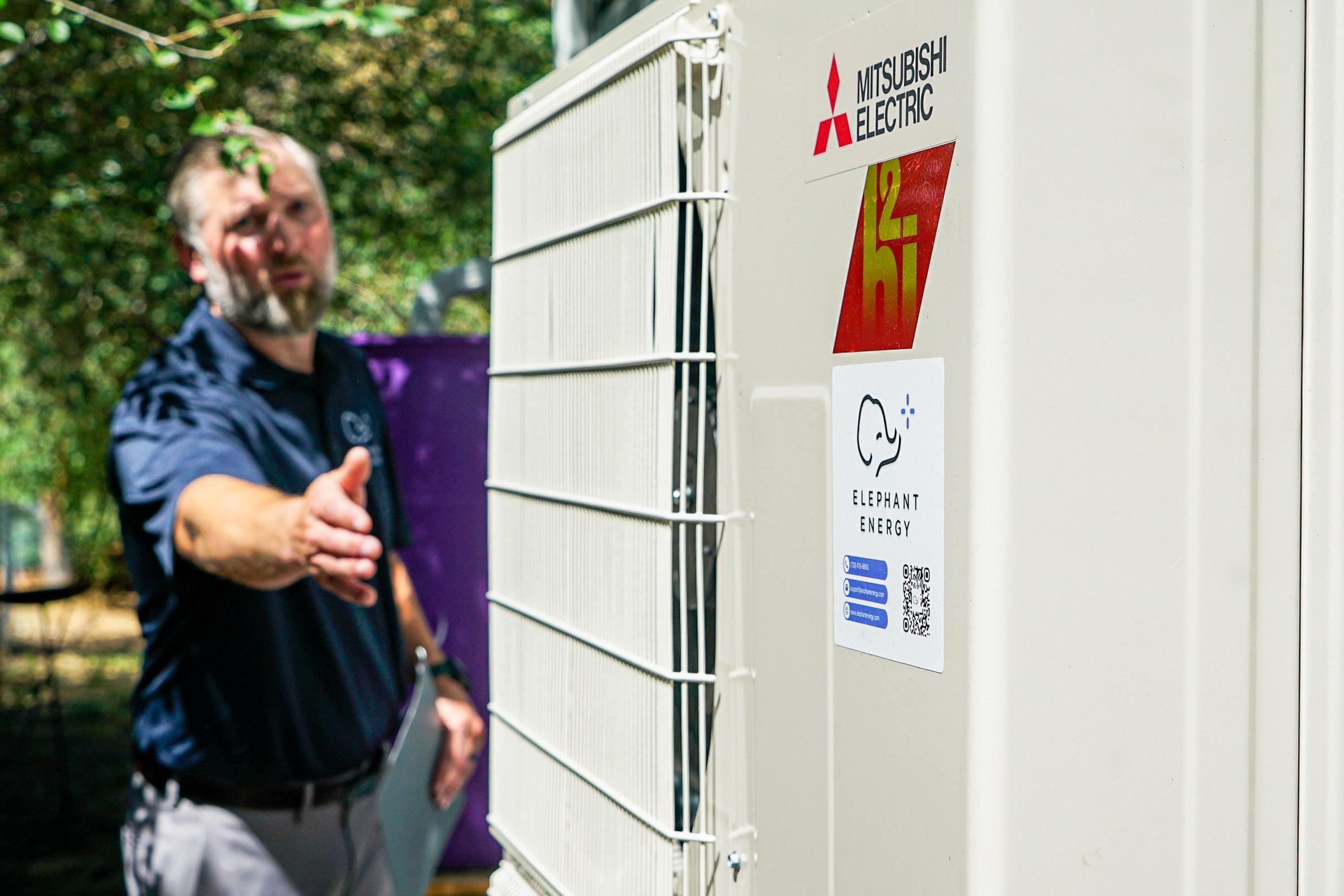Roll on, little electric scooters owned by venture capitalists and giant car companies that provide a fun yet mocked alternative to driving that sometimes makes life hard for pedestrians and wheelchair users. Roll on.
The Denver City Council pulled e-scooters from legal limbo Monday by unanimously voting for new rules that treat people on scooters like people on bikes.
Here are some of the major takeaways from the ordinance, sponsored by Councilwoman Mary Beth Susman and Councilman Paul Kashmann. Lawmakers charmingly dubbed the transport option "electric mobility scooters."
- People on scooters can use any street with a speed limit of 30 mph or less.
- People on scooters can use bike lanes.
- People on scooters can use the sidewalk, but only if the street's speed limit exceeds 30, and if no bike lane is available. Riders must go no faster than 6 mph and yield to people walking (same for people on bikes).
Councilman Rafael Espinoza thanked the companies for "pushing the conversation."
"One Friday, you changed the whole discussion," Espinoza said. "I think these rules were necessary but we wouldn't have gotten here without talking about it."
People on scooters can park the vehicles anywhere on the sidewalk -- not solely near transit stops -- as long as they don't impede pedestrian and wheelchair traffic.
The companies (Bird, Lime, Spin, Razor and Lyft) must still redistribute the vehicles to bus and train stops every morning. That requirement may change as the city learns more about where people are riding and parking the skinny people-movers, according to DPW spokeswoman Heather Burke. The ordinance change does not address rebalancing requirements. DPW is working on programmatic adjustments to the pilot that would address this, as well as fleet size adjustments.
Councilwoman Robin Kniech wants to see the companies marketing safety as much as they're marketing their product. She wants the companies to help people walking and wheeling by showing the scooting public "the impact of their behavior" when they obstruct sidewalks or curb ramps and force people onto busy streets, she said.
"It's gotta be in the advertising," Kniech said. "I think you've gotta be looking for more assertive ways to get that social message out."
Look for the city to raise the cap on scooters in a week or so.
Nicholas Williams, deputy chief of staff for Denver Public Works, said the city is negotiating higher caps with the companies that could be raised as early as next week.
"This was the big hurdle to get over before we wanted to raise fleet sizes," he said.
How many are allowed will depend on how the scooters have been used -- data the public still has not seen because of "technical problems," a DPW spokesperson said.
Also, expect new and improved scooters eventually. We're still on level one here in Denver, a company spokesperson said. But the city will eventually see upgraded scooters with longer battery lives and more safety features.
If a police officer needs to commandeer a scooter to chase a bad guy, she can ignore all the rules everyone else has to follow.
That's it. That's what the law says.
This article was corrected to reflect the correct parking rules for customers.













